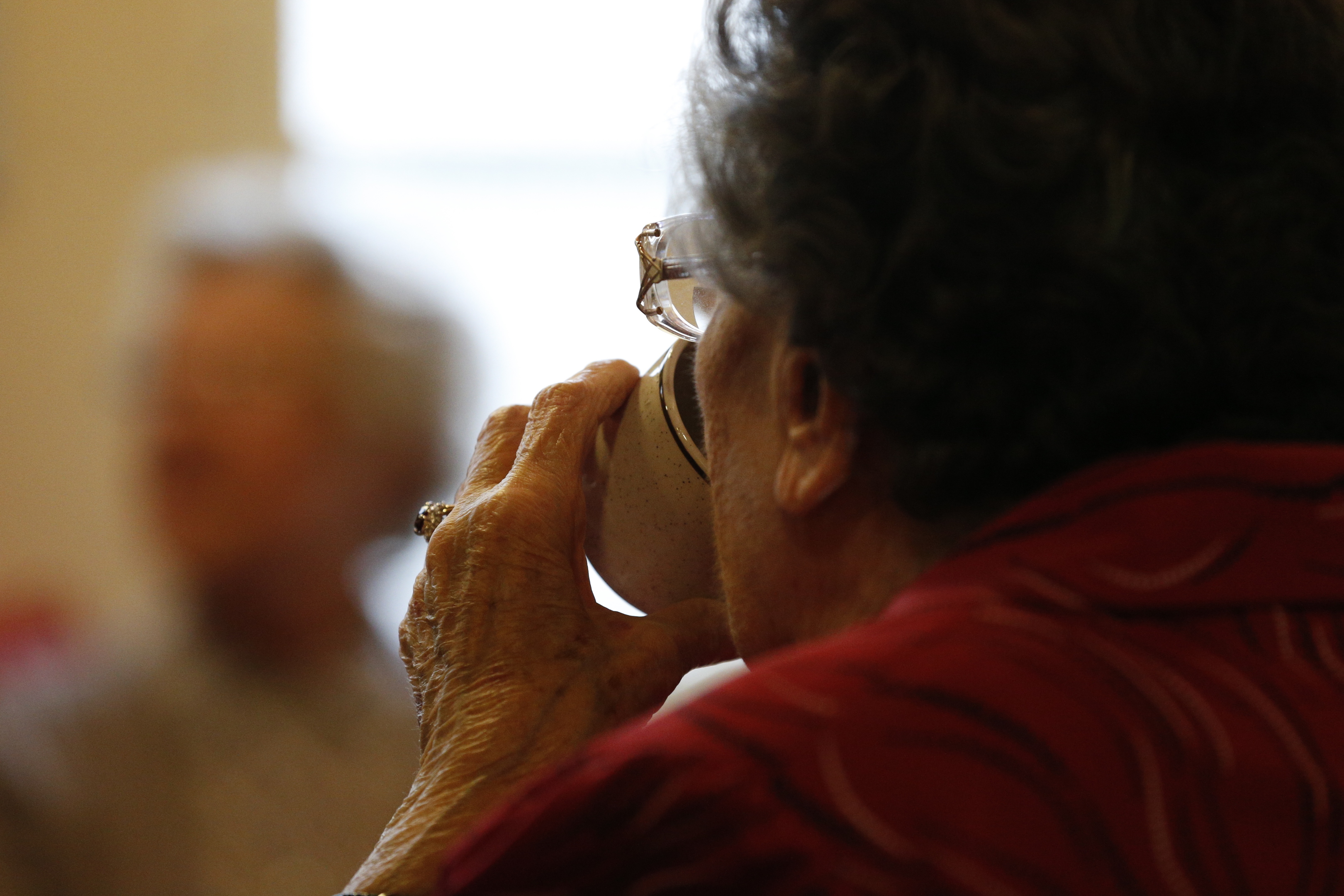The number of young carers struggling to cope is expected to rise as Dundee’s elderly population swells by a predicted 45% over the next 20 years.
By 2037, it is estimated the city’s population of over-75s will surge drastically, while the number of working-age people will fall.
The number of hours spent caring and the complexity of duties are also predicted to increase, with more people taking on a caring role alongside their ‘day jobs’.
Already, caring duties are said to be taking their toll with 42% of carers questioned during a recent survey saying they experienced a negative impact on their health and wellbeing.
A strategic plan for 2017-2020 will be unveiled Dundee Health and Social Care Partnership, with the aim of providing more support to both adult and young carers.
The Caring Dundee report, which gives more details of the plan, stated: “The circumstances of each carer are unique.
“Carers can be any age, from children to older people, and carers are part of every community and culture. Carers may be parents, spouses, grandparents, daughters, brothers, same sex partners, friends or neighbours.
“We have developed four strategic outcomes based on what carers and our stakeholders told us. (The goal is) carers will say they have been identified, given a voice and feel listened to, understood and respected.
“They will be an equal partner in the planning and shaping of services and supports.
“Carers will say that they feel services are well co-ordinated for them and the person they care for, that they have opportunities to lead a fulfilled and healthy life…and that they have a good balance between caring and other things in their life and have choices about caring.”
Dundee is among five local authorities in Scotland with the highest prevalence of learning and physical disabilities, mental health issues and substance abuse, which presents various challenges for carers.
Around 30% of carers in Dundee are caring more than 50 hours per week and nearly half (48.5%) are also employed elsewhere.
Research carried out as part of the strategic plan predicted that the number of adult and young (those aged under 18) carers identified and seeking support will continue to increase.
